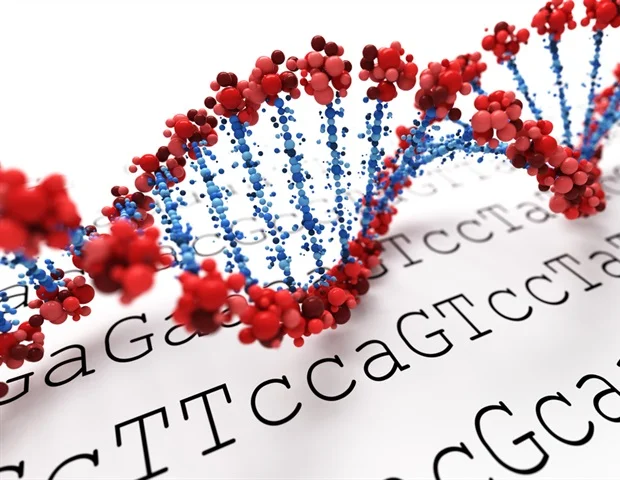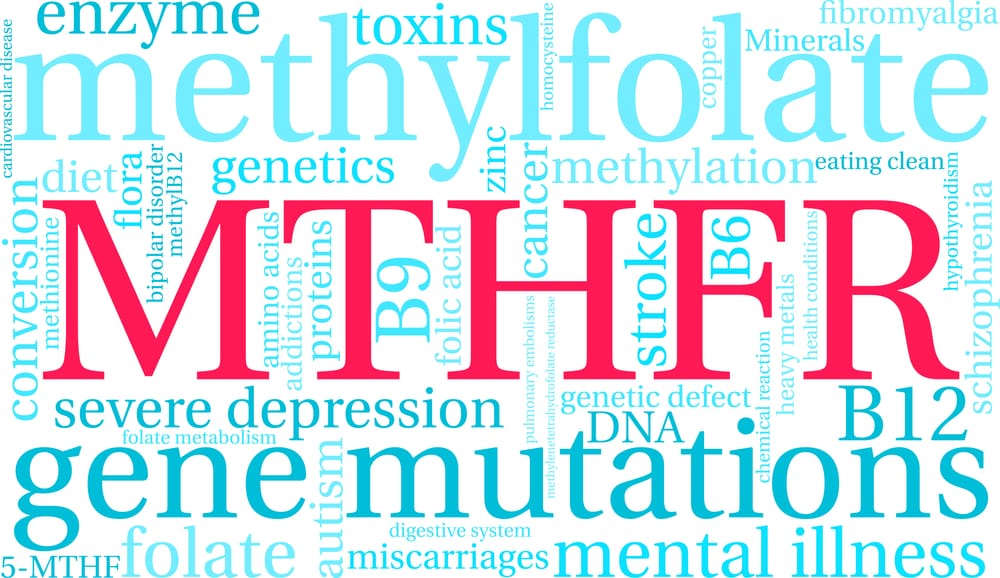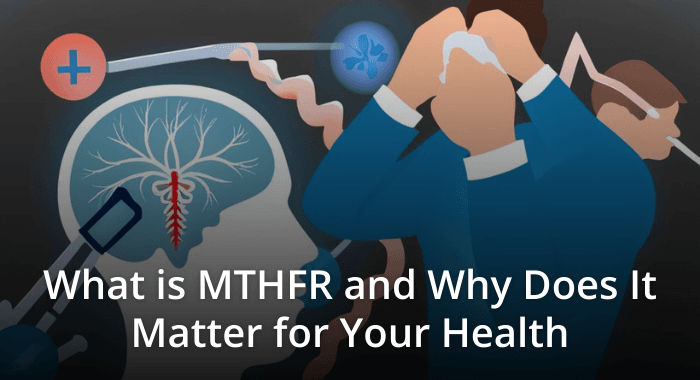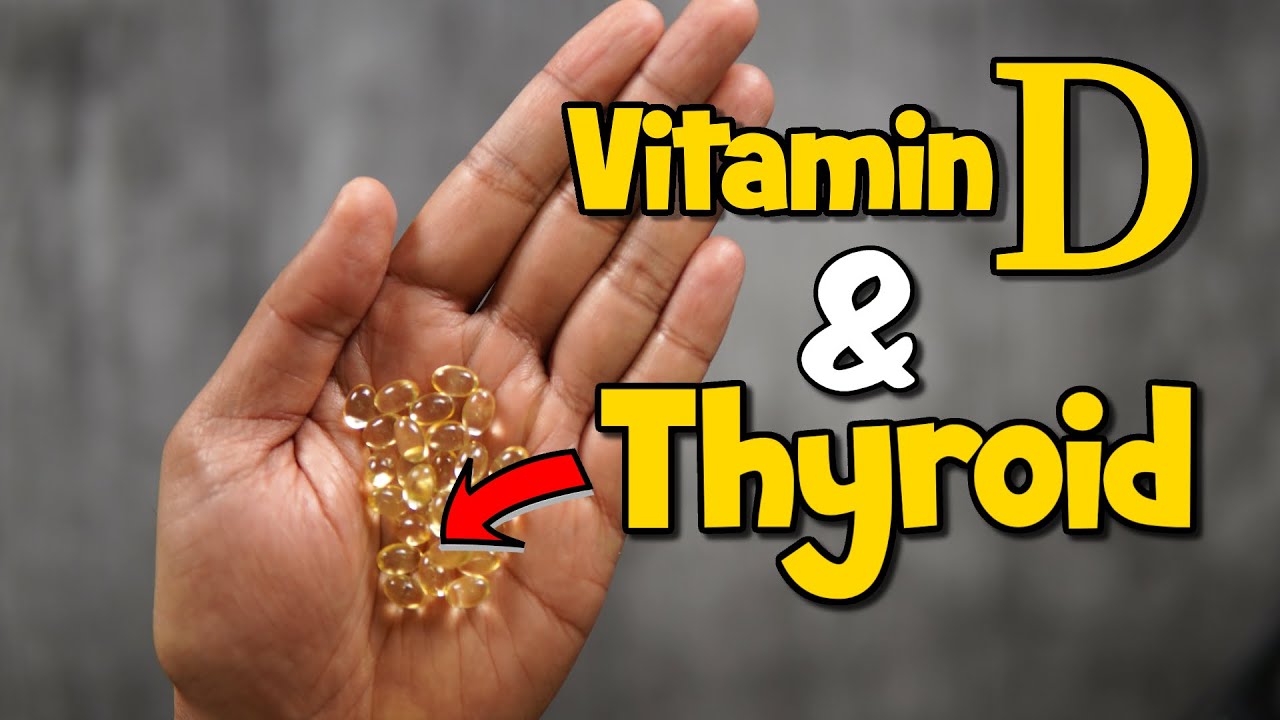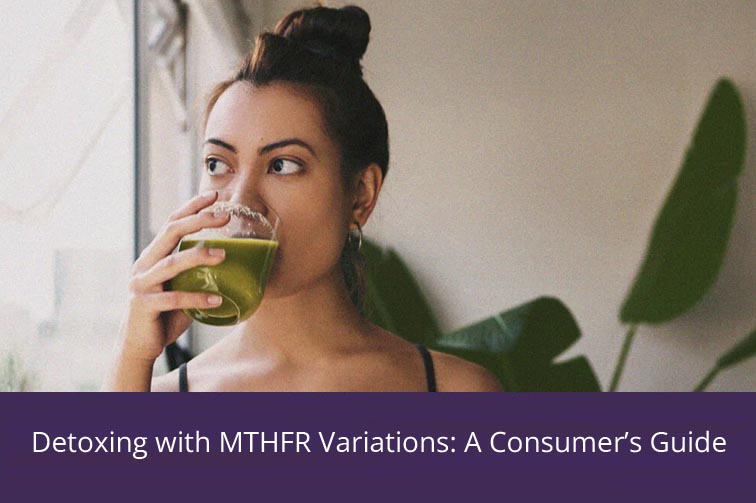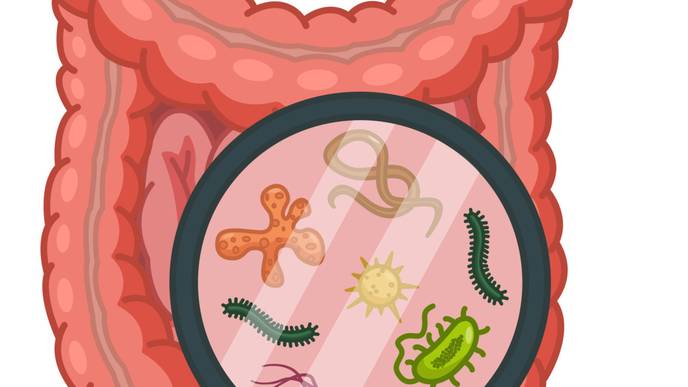
How Gut Bugs and Inflammation Steal Your Tryptophan (and Your Happiness)
You’ve heard the phrase “the gut-brain axis.” But in clinical practice, that connection runs deeper than many practitioners realise—especially when it comes to tryptophan metabolism and its downstream impact on serotonin, mood, and inflammation. Today’s article dives into the mechanism of tryptophan hijacking—how gut bugs, inflammation, and environmental stress redirect this essential amino acid away

